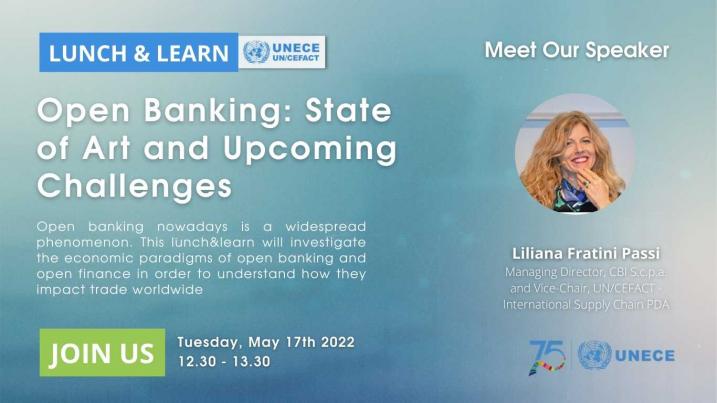Purpose
Open banking nowadays is a widespread phenomenon. This lunch and learn will investigate the economic paradigms of open banking and open finance in order to understand how they impact trade worldwide. Almost 60 Countries (e.g. from leading Countries such as Australia, UK and European Union to nascent ones such as Nigeria, Bahrain, South Africa) have already adopted Open Banking practices even if with different approaches, methods and paces of adoption.
The spread of Open Banking has gone hand in hand with the proliferation of Open API Standards across the globe. Standardization activities are aimed at defining a common set of standards to facilitate integration between market players, competition between incumbents and newcomers, and the application of security standards. Thus, API standardization has a significant impact on how an Open Banking regime is received by the market, as well as its overall success. Standards facilitate the implementation of Open Banking in Countries because they provide clarity and structured frameworks that facilitate the developer experience by accelerating innovation because many use cases and security questions have already been considered and allow Banks to benefit from high levels of security, documentation and features. The objective of this lunch and learn webinar is to identify, through the analysis of practical use cases, potential standardization initiatives that could contribute, in line with the mission of UN/CEFACT, to give a strong impulse to trade facilitation and electronic business.
Agenda
Global landscape
- Overview on Open banking global approaches
- A snapshot on selected countries (Australia, India, Brazil)
- Main business models enabled by Open banking
Open banking in Europe
- Overview on Open banking offerings and use cases
- Overview on standardization and collaborative initiatives
- Open Banking: what’s next
Interesting use cases to support trade facilitation
- Account Information and Payment Initiation Services
- IBAN Validation
- Invoice financing database
Towards an open future: main challenges and food for thought
